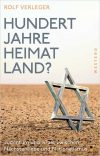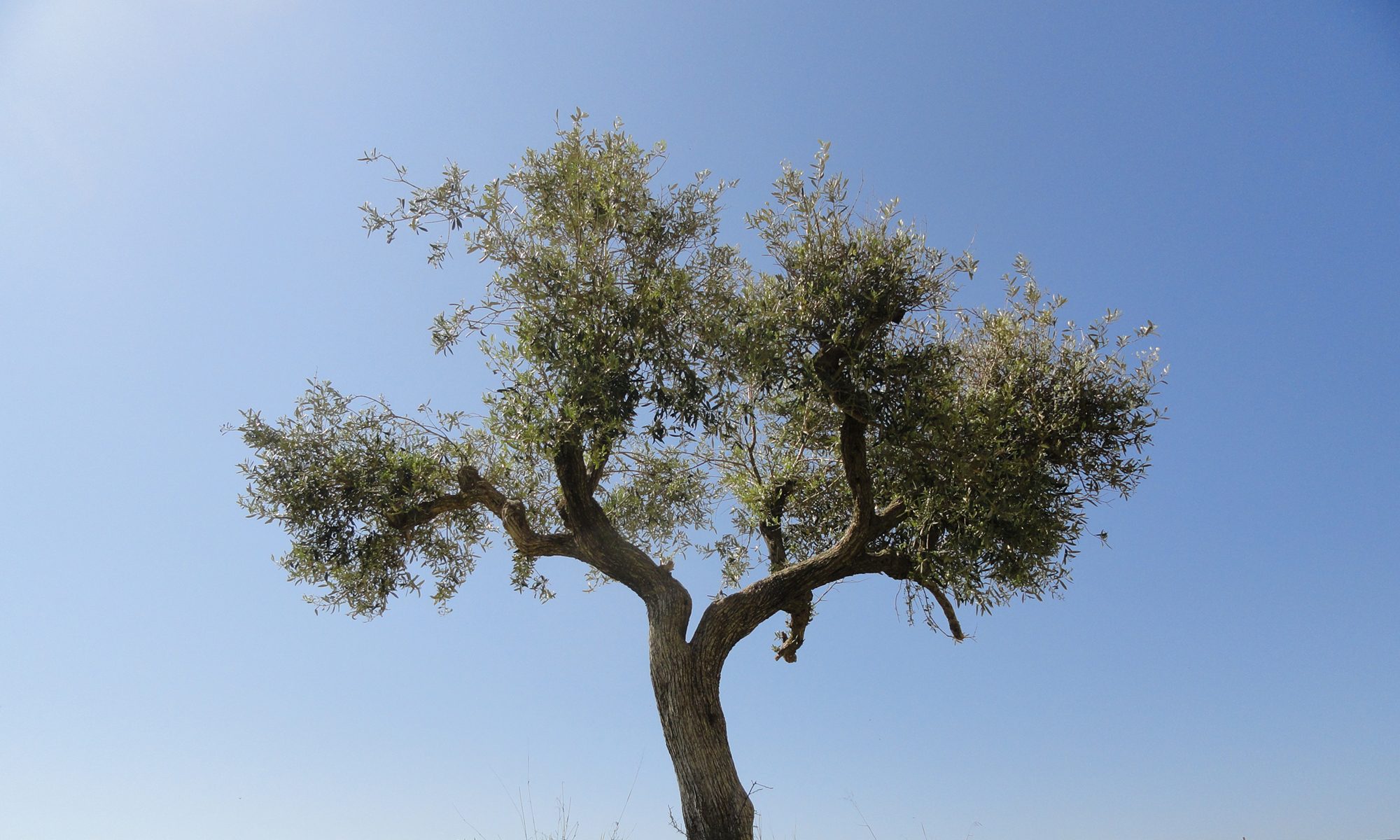
Part I: A Jewish Life in Today’s Germany
1) Laudation on Barenboim: Describes in a nutshell the history of European Jews and the Palestine conflict and our emotions about it, and ends with a »miSh’Bejrakh« prayer.
2) Berlin’s mayor was scheduled to attend that award ceremony. But he declined, because of me. Thus, the style of contention preferred by the Israel lobby is described.
3) My father’s and my mother’s biography before and during the Third Reich, how my father organised his financial compensation in 1945, lived as a village king in East Germany, married my mother in 1948, got into trouble with the Party, and left East Germany in 1951.
4) In the Central Council: In the 90s, I got engaged in reconstructing the Jewish community in Germany, revived by immigration from the former USSR, was a founder of the Jewish congregation in Lübeck in 2001, became board member and, in 2005, delegate of Schleswig-Holstein to the Central Council of Jews in Germany. In 2006 when Israel led war against Lebanon, I wrote an open letter to the Central Council’s president, saying that Judaism is more than just killing other people. The chapter includes a discussion of the major issue faced by the Jewish community: How do we deal with the other, much larger and less privileged minority in Germany, the Muslims?
Part II: Nationalism and Love of Neighbor
5) I review Biblical history, from Abraham to destruction of the 2nd temple, focusing on the divergence between state and faith.
6) Self-relatedness vs. universalism. Again I start from the bible (two ways of interpreting Love Thy Neighbor – either the neighboring Jew or any neighbor) and end with Leo Baeck’s support of the universalistic interpretation. (Baeck was the major spiritual leader of German Jews before and during the 3rd Reich).
Part III: Jewry in the East and Empire in the West
7) Jewish history in Poland-Lithuania until 1795, Jewish history in Russia until 1795, then from 1795 until 1917 in the Czarist empire. Why were so many Jews there? Polish-Lithuanian Jews lived an autonomous life in that most liberal of all Christian countries but finally got stuck in medieval rigidity. Their country was conquered by Katharina the Great in 1795, from which time the Czars tried to bring modern life to these Jewish subjects, at the same time refusing to give them equal rights. The system started exploding when, in 1881, the Czar was assassinated. Pogroms broke out, and the Jews looked for ways of salvation.
8) Movements within Czarist Jewry: Chassidism, German enlightenment, Russian enlightenment, social advancement, integration with Polish-Russian rebellion
9) Chapter 8 continued, focusing on Zionism: Origins before 1881, intellectual-religious coalition 1882-90, Zionism from 1890 onwards, religious Zionism, excursus on Zionism as global politics (i.e., on Herzl – not of the Czarist empire).
10) Chapter 8 continued, on emigration to America (and its infrastructure in Germany, by Hapag-Lloyd), the Bund, socialist reformers and revolutionaries, Aguda (the orthodox league). The flow of immigrants triggered an increase of xenophobic ideology in Western countries, comparably to the Syria refugees nowadays, and the association of Jews with socialism made many conservative politicians nervous.
11) Global power Great Britain: Balfour’s Aliens Act of 1905 and the foregoing associated „Uganda“ offer to Herzl. Background of the Balfour (1917) declaration: geopolitics, political impact on Jewry (socialism bad, Zionism good), Anglican Zionism. Jewish resistance against the Balfour declaration.
Part IV: Montagu’s arguments (Edwin Montagu was the only Jewish member of the British government in 1917, strongly opposed to the Balfour declaration)
12) Antisemitism and Zionism: Two sides of a coin? Montagu’s tirade on Zionism vs. Internationalism. Decline of antisemitism in Europe today, after mass extermination of Jews
13) Double loyalty: Do Jews have two homelands? Present suspicions against Turks and Arabs in Germany (and elsewhere) about their harbouring double loyalty. Was Zionism causal for antisemitism?
14) Privileging Jews against indigenous people in Palestine: Zionist thinking about the Arab population. A history of injustice and injustice.
15) The essence of Judaism: Between religion and nation; Jewry in present-day Israel and in U.S.A.; antagonistic spiritual messages of national-religious fascist vs. human-rights universalistic ideology
